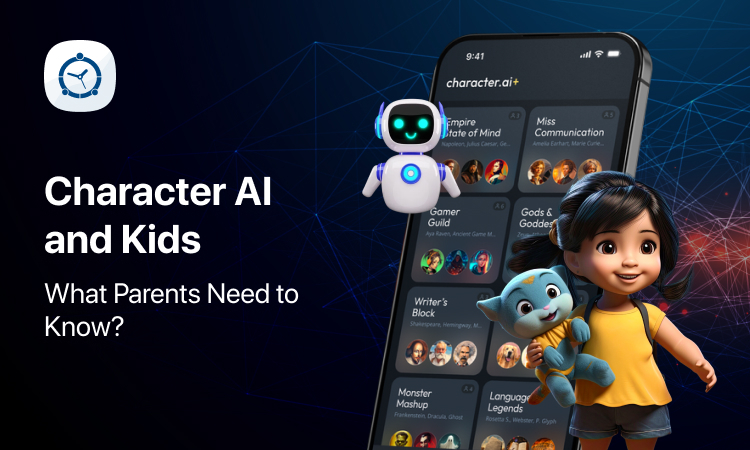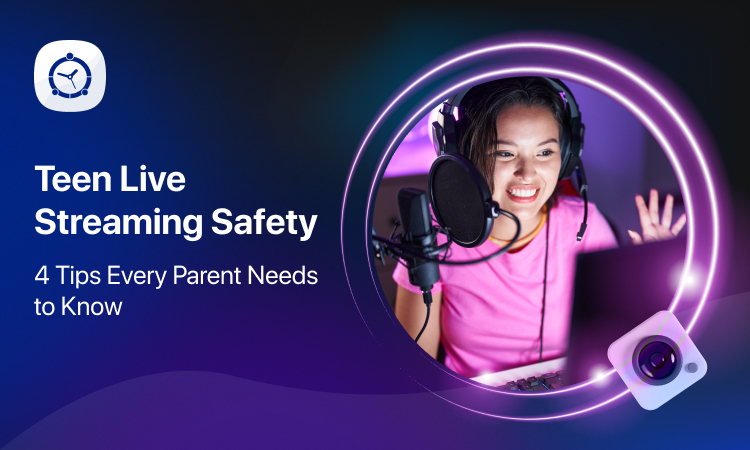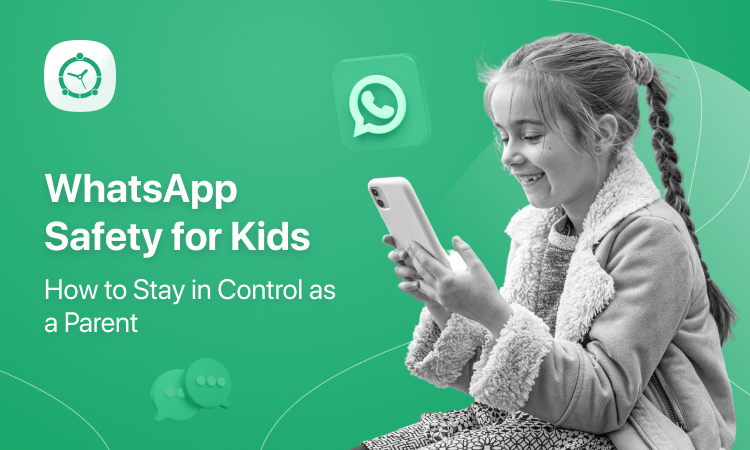
It is a common belief that human beings are social animals. However, it doesn’t mean everyone is born with excellent social skills. Some kids find it easy to make friends, while others struggle to fit in. Parents can help their kids enhance social skills by practicing vital elements, such as social etiquette, eye contact, learning to differentiate emotions, etc.
If you do not know where to begin or you’re looking for more effective ways to help your kids, we’ve got your back. Let us start by understanding why kids become socially awkward.
How Do Kids Develop Socially Awkward Behavior?
While some kids are naturally shy, there could be any number of reasons why they display socially awkward behavior. Social anxiety and isolation seem to be the most predominant reasons of all. Kids may become used to being alone by spending more time in front of screens, instead of playing outside. Consequently, the lack of face-to-face social interactions contributes to the development of social anxiety and awkward behavior.
Knowing that social behavior is a skill that can be developed with time and practice serves as a ray of hope for all. Parents can educate and empower their kids to enhance social skills in more ways than one. Let’s look at some of the most effective techniques you can practice with your kids.
5 Tips to Help Parents Enhance Social Skills in Kids
Being an introvert has its benefits as they are keen observers and much more sensible. However, society is cruel and stigmatizes people who are different than them. While it might not seem a big deal, kids get bullied or ridiculed for being socially awkward by their peers. The worst thing is that they miss out on opportunities that help them grow and become skilled adults.
Helping kids enhance social skills puts them on a path to success in relationships and academic/professional careers. Here are five easy tips to get you started.
- Help Them Differentiate Emotions
One of the best ways to help kids improve their social skills is by teaching them various emotions and how to differentiate them. Become their role model. Use your words if you get angry, and keep a stern face while telling them they did something wrong.
Try not to mix emotions because it will confuse them. Explain that people don’t only cry when they are sad or hurt but also shed tears of happiness. You can use flashcards with pictures to teach them various emotions. Practice with them often, so they remember well.
- Establish Eye Contact
They say eyes are the window to your soul because making eye contact while talking to someone serves many purposes. It makes your presence known while allowing the other person to feel important. Maintaining eye contact while talking/listening to people also exudes confidence in body language. Eye contact might seem quite simple, but it is vital for success in every aspect of life. Establishing eye contact is also a part of basic social etiquette and plays a key role in helping parents enhance social skills in kids.
- Teach Manners/Etiquette
Parents must teach their kids proper social etiquette early on. Manners like knowing when to say thank you or sorry, giving up their seat for the elderly, lending a helping hand to someone in need, etc., and helping your kids become better human beings in the long run.
Manners and social etiquette don’t just stop here. They lay the groundwork to help prepare kids for a higher level of social skills needed later in life, such as conflict resolution, negotiation, public speaking, empathy, etc.
- Practice Empathy
Knowing how other people feel and being able to relate with them is empathy. Parents can help their kids form better relationships by teaching them to be empathetic. Teaching kids to become active listeners is the key to making them compassionate beings. You can teach them through role-play. Tell them a story and ask their opinion on how the writer or characters felt in a particular situation. Discourage them from watching screens for extended periods because it lessens the opportunities for in-person interactions.
- Limit Screen Time
Are your kids always busy watching screens? Try using a parental control app, such as FamilyTime, to limit their screen time. It is the most effective way of reducing their screen time because it allows parents to create opportunities for their kids and enhance their social skills.

It offers features, such as screen time limit, screen time schedule, internet filters, internet schedule, app blocker, and so much more. All these services play a crucial role in effectively reducing kids’ screen time as they allow parents to create opportunities and enhance their kids’ social skills. Want to know more about FamilyTime? Check out this review.
FamilyTime isn’t a run-of-the-mill parental control app. It is one of the best and provides a wide range of features. Sign up now, and safeguard your kids’ offline and online lives.







